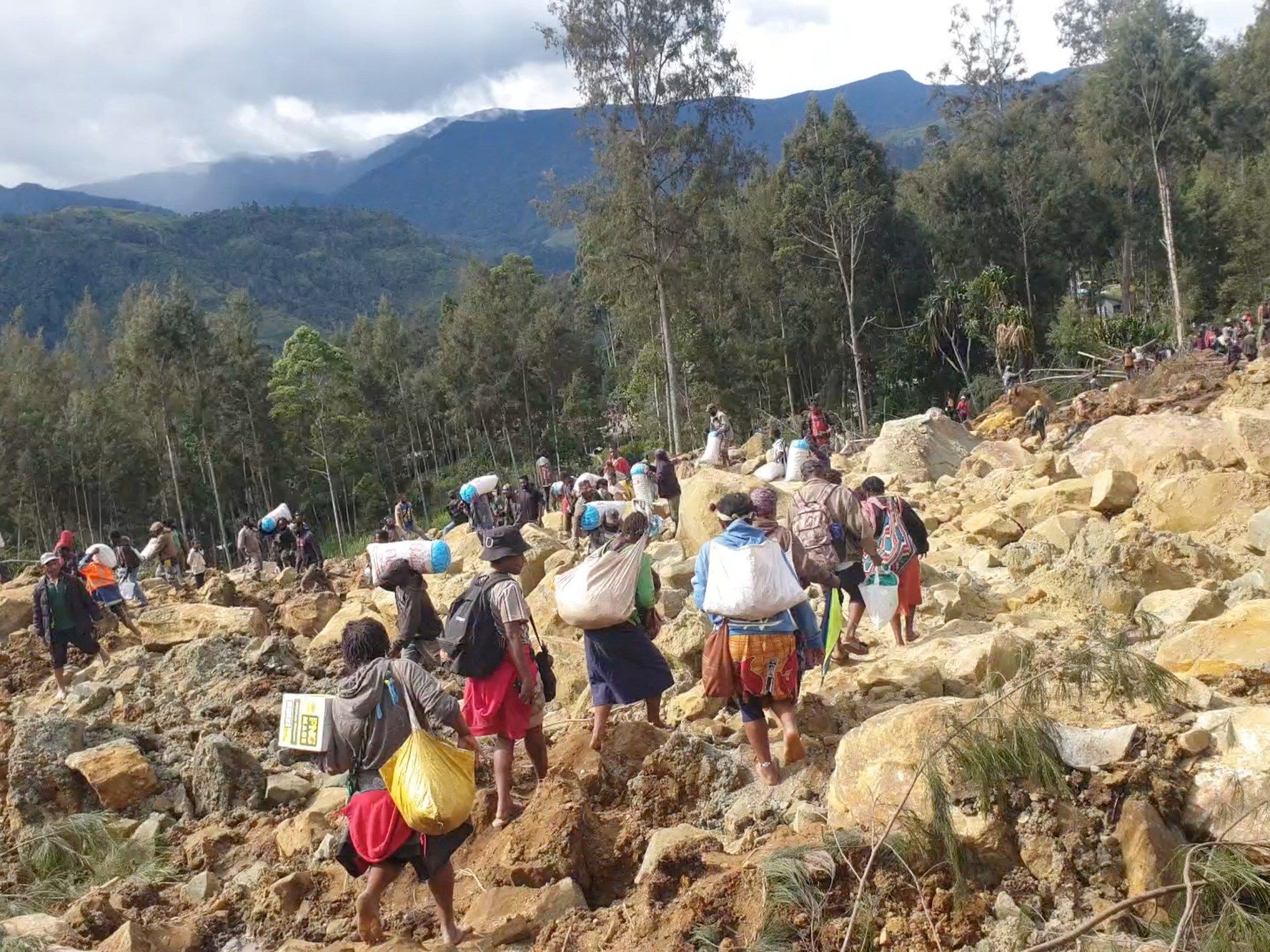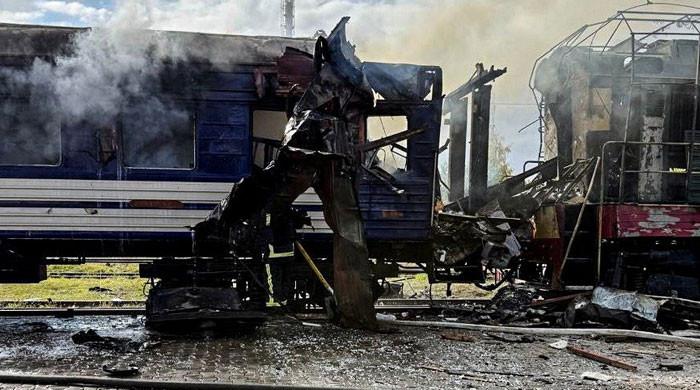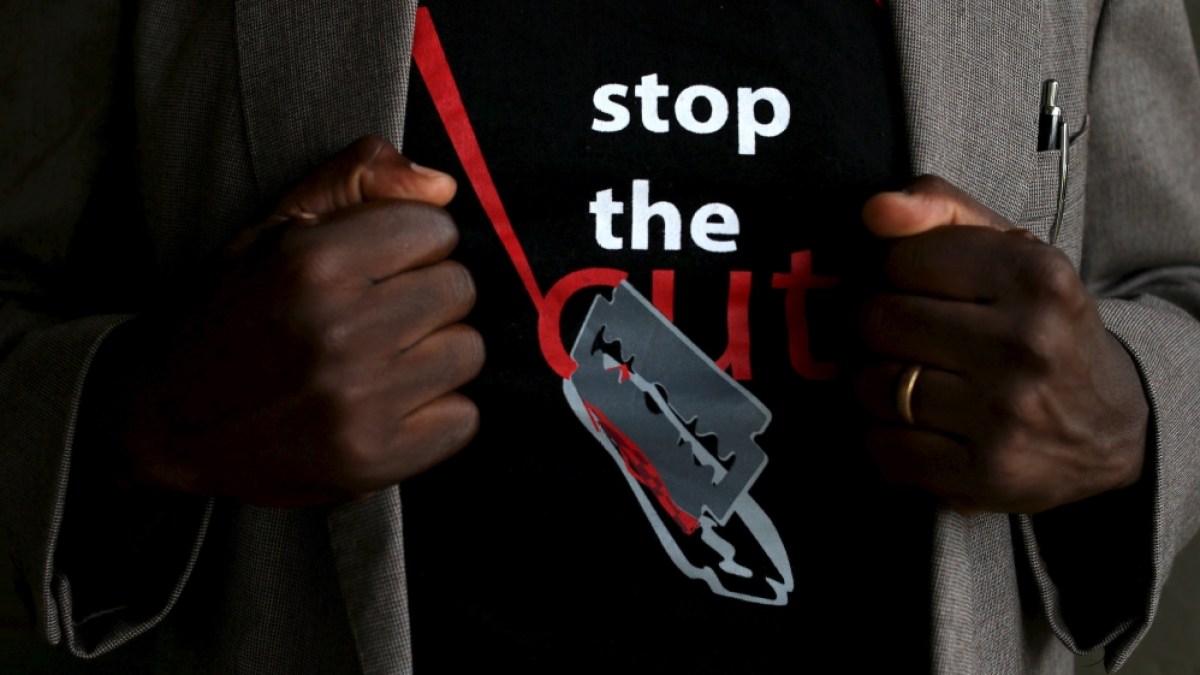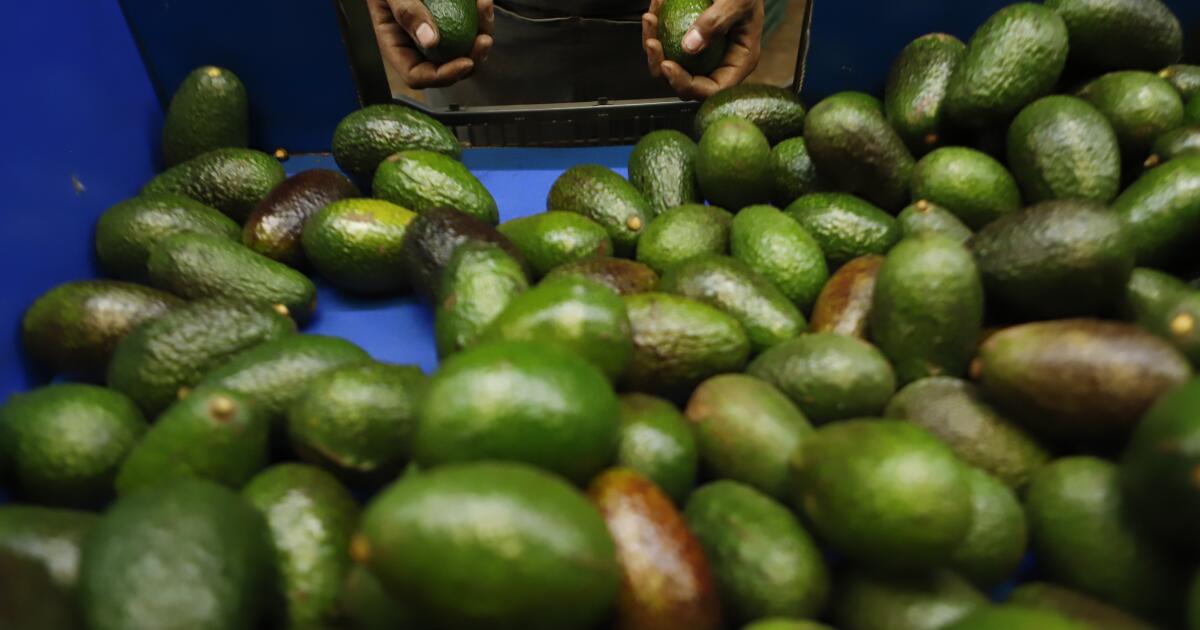Authorities are trying to establish evacuation centers on safer grounds on either side of the huge swath of rubble.
The International Organization for Migration has increased its estimate of the death toll from a massive landslide in Papua New Guinea (PNG) to more than 670.
Serhan Aktoprak, head of the United Nations agency's mission in the South Pacific island nation, said Sunday that the revised death toll was based on calculations by officials in Yambali village and Enga province that More than 150 houses had been buried by Friday's landslide.
The previous estimate had been 60 homes.
“They are estimating that more than 670 people [are] underground right now,” Aktoprak said.
“The situation is terrible, the ground continues to slide. The water is flowing and this is creating a huge risk for everyone involved,” added Aktoprak, which is based in the capital, Port Moresby.
Local authorities had initially estimated the death toll on Friday at 100 or more. As of Sunday, only five bodies and a leg of a sixth victim had been recovered, while seven people, including a child, had received medical treatment.
Meanwhile, emergency services were moving survivors of the massive landslide to safer ground as tonnes of unstable ground and tribal warfare, rife in the country's highlands, threatened rescue efforts.
Damage to infrastructure also made it difficult for rescue and relief efforts to reach the area, according to Justine McMahon, representative of humanitarian group CARE Australia in PNG.
“The terrain is quite unstable, making access difficult for rescuers. The main road has also been cut by about 200 meters. [656 feet]hampering relief,” he told Al Jazeera.
Rocks the size of a car
Heavy earth-moving equipment has not yet reached this mountainous area 600 kilometers (370 miles) northwest of Port Moresby.
At some points, the landslide – a mix of car-sized rocks, uprooted trees and disturbed earth – was thought to be 8 meters (26 feet) deep.
Aid agencies said the disaster had wiped out the village's livestock, orchards and drinking water sources.
Government authorities were trying to set up evacuation centers on safer grounds on either side of the huge swath of rubble that covers an area the size of three or four football fields.
“The land has not been colonized yet,” McMahon told Al Jazeera.
In addition to the blocked road, convoys carrying aid have faced risks related to tribal fighting in a village about halfway along the route. PNG soldiers were providing security for the convoys.
The government is expected to decide on Tuesday whether it will officially request more international aid.
The United States and Australia, a close neighbor and PNG's most generous foreign aid provider, are among the governments that have publicly declared their willingness to do more to help first responders.












